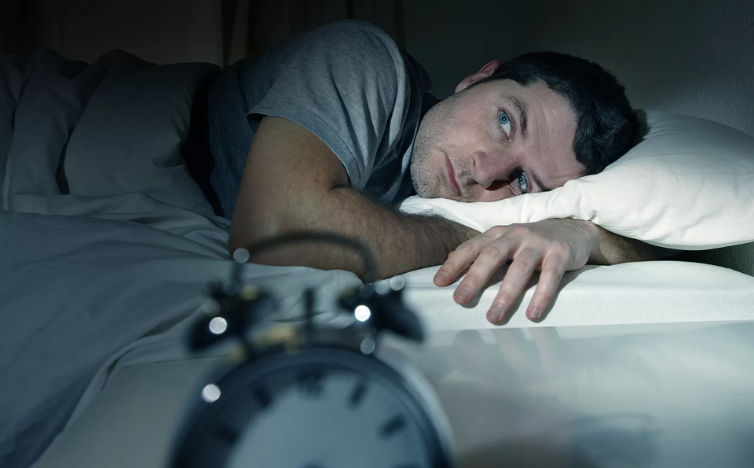Sleep is essential for our physical and mental well-being, but many factors can disrupt it—one of the most overlooked being sound. Whether it’s traffic noise, a snoring partner, or even subtle sounds like a ticking clock, noise can significantly impact your sleep cycle. In this article, we’ll explore how sound affects your sleep and provide practical solutions, including the use of acoustic panels, to help you sleep better.
How Sound Disrupts Your Sleep Cycle
Sound plays a critical role in sleep quality. Even if you don’t fully wake up, noise can shift you from deep sleep to lighter sleep stages, reducing the restorative benefits of rest. Studies show that sudden or continuous noises trigger the brain’s stress response, releasing cortisol and making it harder to fall or stay asleep. Over time, this can lead to sleep deprivation, affecting mood, focus, and overall health.
The Science Behind Sound and Sleep
Your brain processes sounds even while you sleep, especially in the lighter stages of the sleep cycle. Low-frequency sounds, like traffic or snoring, are particularly disruptive because they are harder for the brain to ignore. High-frequency noises, such as alarms or barking dogs, can jolt you awake. This constant auditory stimulation prevents you from reaching the deep, restorative stages of sleep, leaving you feeling tired even after a full night’s rest.

How Acoustic Panels Can Help
One effective solution to combat noise-related sleep disturbances is the use of acoustic panels. These panels are designed to absorb sound waves, reducing echo and background noise in your bedroom. By installing acoustic panels on walls or ceilings, you can create a quieter, more peaceful sleep environment. They are especially useful for blocking out external noises like traffic or neighbors, as well as minimizing internal sounds like echoes or vibrations.
Acoustic panels come in various designs and materials, allowing you to choose options that blend seamlessly with your bedroom decor. They are a long-term investment in better sleep and improved well-being.
Other Tips to Minimize Sleep-Disrupting Sounds
While acoustic panels are a great solution, combining them with other strategies can further enhance your sleep environment:
- Use White Noise Machines: These devices mask disruptive sounds with soothing, consistent noise.
- Seal Windows and Doors: Weatherstripping can block external noises from entering your room.
- Choose Quiet Bedding: Opt for soft, noise-free materials that don’t rustle when you move.
- Establish a Quiet Routine: Reduce noise in your home during bedtime hours to signal to your brain that it’s time to wind down.
Call us: Contact DeSound Soundproofing Expert in Dubai For Soundproofing: +971 56 231 4204
Conclusion
Sound is a powerful factor that can make or break your sleep cycle. By understanding how noise affects your rest and taking steps to minimize it—such as using acoustic panels—you can create a sleep-friendly environment that promotes deeper, more restorative sleep. Prioritize your sleep health today, and wake up feeling refreshed and energized tomorrow.

